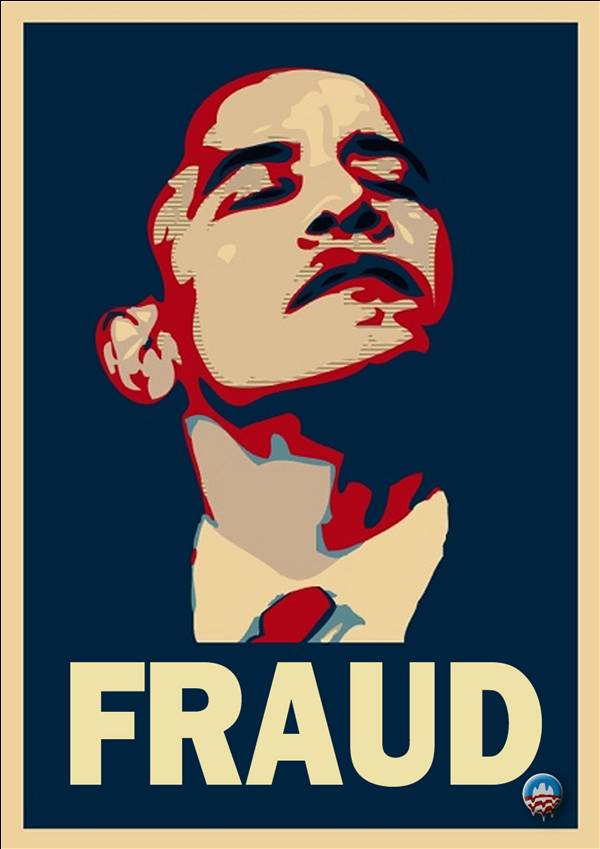
A single case or two of corruption brought down the Kenyan election. But the recently ended UK election, like the notorious Bush/Gore election, was riveted with irregularities.
Daniel Hannan, a Conservative MP for South East England since 1999, and winner of the Bastiat Award for online journalism, writes in his blog that this week’s UK elections were corrupt and therefore inconclusive.
He posits “how much easier electoral malpractice has become in the United Kingdom than in the two banana republics where I have been an election monitor.”
He claims that “Many people were denied a vote.”
And while Hannan looks from the inside out, there were plenty who saw the same thing from the outside in.
Election monitors from the Commonwealth Countries have been fairly unanimous in criticizing the results as unfair, inconclusive and flawed.
Kenya’s Ababu Namwamba of the election commission told UK newspapers, “The allegations of fraud and of voters being turned away threaten the integrity of the vote, especially in marginal constituencies where candidates have a majority of less than 1,000.
“The number of seats the Tories needed for an absolute majority is not that high — this could have made the difference. One candidate told me that the British system is possibly the most corruptible in the whole world,” Namwamba added.
Marie Marilyn Jalloh, an MP from Sierra Leone, added: “There has to be doubt over the legitimacy of the result… [The UK] system is a recipe for corruption; it was a massive shock when I saw you didn’t need any identification to vote.
In Sierra Leone, as in Kenya, voters must present an identity card corroborated by finger prints.
Even observers from places where elections have not been so contested criticized the process. Lisa Hanna, an MP from Jamaica, said: “I was shocked by the lack of checks.”
I dare say that the difference between Brown, Clegg and Cameron is much less than Gore and Bush, although the British may see that differently. But frankly I feel the difference between Gore and Bush was much greater than between Kibaki and Odinga, the two contentious rivals in the Kenyan election of 2007.
And in all three contests, the results were so close that even isolated acts of corruption or inadvertent irregularities could conclusively effect the outcomes.
What does this mean?
For a moment, let’s presume that some system could be put in place that would assure there were no irregularities … not one.
And let’s also presume that like the Dutch, institutions were in place to make everyone vote (the Dutch give out parking-like tickets to offenders who don’t vote).
It would still be close. Do you think that those who lost would concede so easily?
No, of course not. I happen to have been on the aggrieved side of the Bush/Gore outcome: I believe the world would have been a happier, more peaceful place if the results had better reflected the actual outcome.
But would I have conceded had the results been flipped? Would I have allowed the will of my community to proceed to waging decades of what I considered immoral wars? Or would I have sustained an outcome that I might in my inner conscience known was unfair? In order to “save the world from war.”
Elections work only when both outcomes are at some level acceptable to all sides. When compromise, however stinging, works.
Compromise in the world doesn’t work, today. That means elections won’t work. I’m not sure why, but the whole damn world is too polarized for elections, even incorruptible ones.